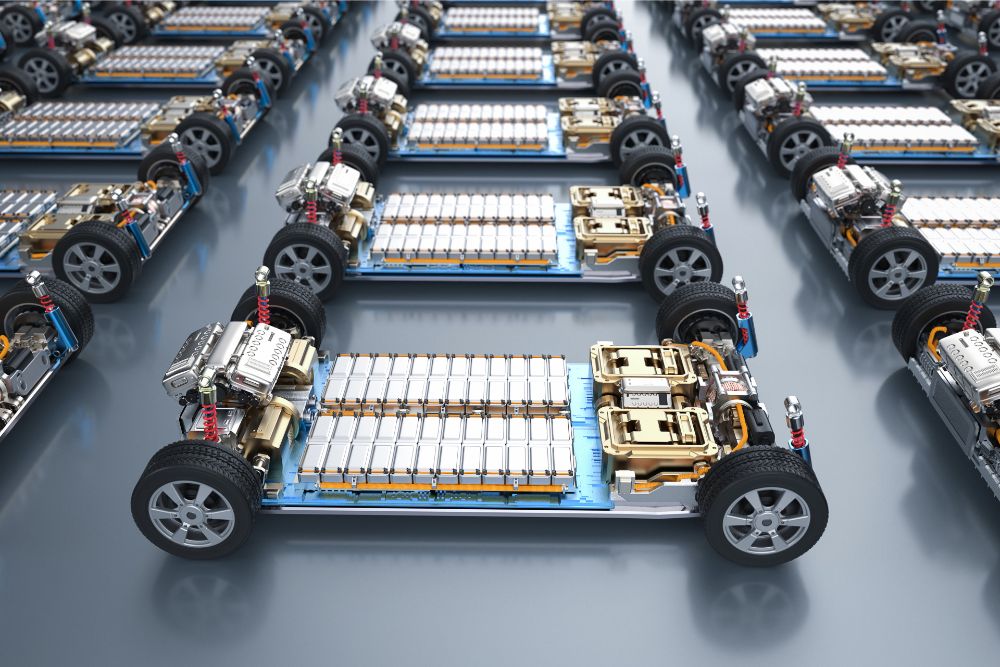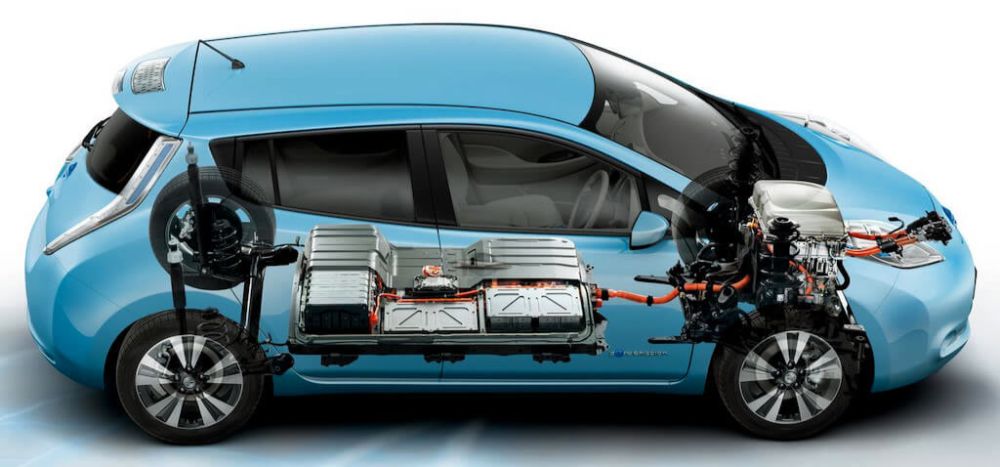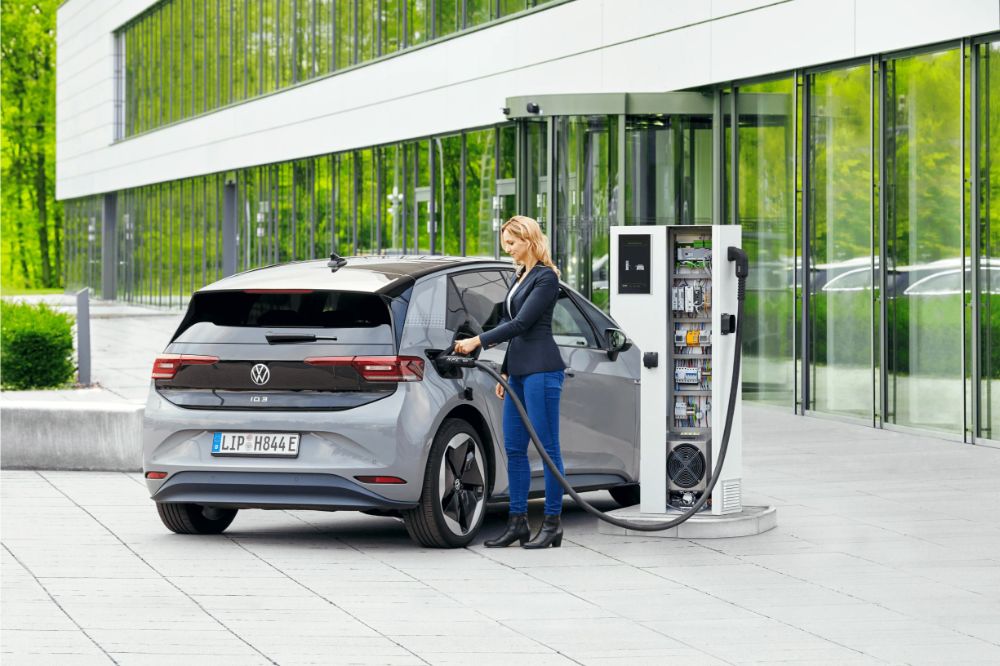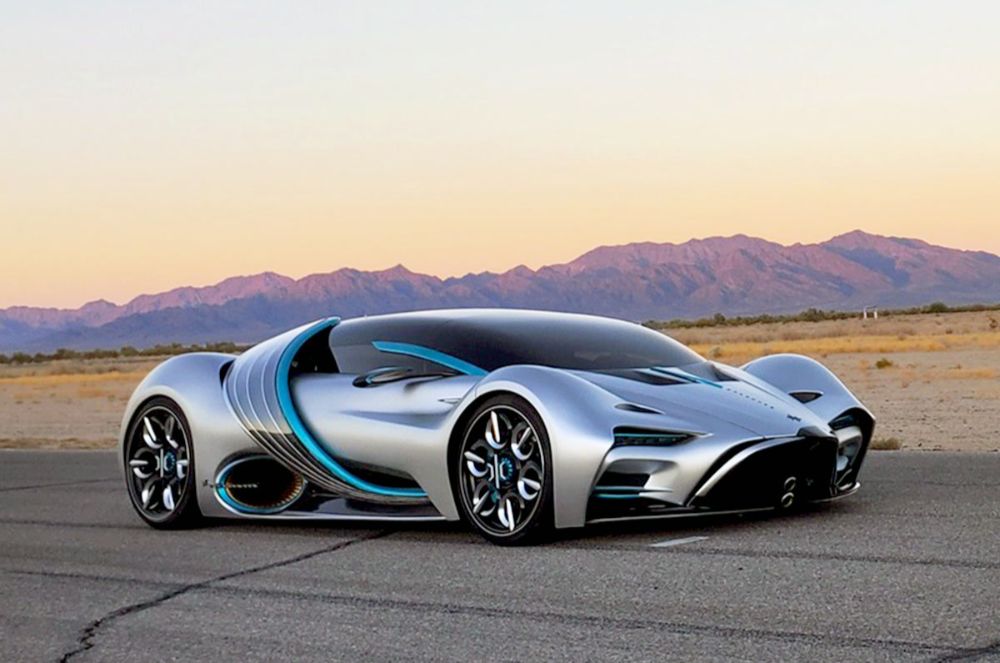In the quest for achieving emission-free driving, automotive giants worldwide are rolling out an increasing array of electric vehicles (EVs), making ownership more attainable than ever. Despite the hurdles faced by EVs, continuous advancements in technology are propelling us towards a greener future.

While battery-powered EVs have dominated the conversation, hydrogen-powered vehicles offer a compelling alternative. Utilising hydrogen as a fuel source, these fuel-cell electric vehicles (FCEVs) operate similarly to their battery-powered counterparts, drawing energy from fuel cells instead of traditional fossil fuels.
The Appeal of Hydrogen-Powered Vehicles
One of the major advantages of FCEVs is their quick refuelling time, eliminating the lengthy charging periods associated with battery-operated EVs. With refuelling times as short as a few minutes, hydrogen-powered vehicles offer convenience without compromising on sustainability.

Despite the promising science behind FCEVs, widespread adoption is still on the horizon. However, leading automakers are actively working to bring commercial-grade hydrogen-powered vehicles to market.
Automakers Leading the Charge
BMW’s Foray into Hydrogen
BMW’s entry into the hydrogen-powered vehicle arena comes in the form of the BMW iX5, unveiled at the IAA Mobility 2021 in Munich, Germany. While still in the concept phase, the BMW iX5 showcases the company’s commitment to exploring FCEV technology. With a powerful engine delivering 401 horsepower and a range of up to 300 miles, the iX5 promises both performance and practicality. BMW aims to make refuelling the iX5 a seamless experience, with claims of a three to four-minute refuelling time.
Toyota’s Trailblazing Mirai
Since its unveiling in 2014, the Toyota Mirai has emerged as a frontrunner in the FCEV market. Available for purchase today, the Mirai combines hydrogen fuel technology with sleek design and practicality. With a fueling time of just five minutes and an impressive range of 402 miles, the Mirai offers a compelling option for environmentally conscious drivers. Toyota sweetens the deal with complimentary fuel and an extended warranty, further incentivizing adoption.

Hyundai’s Nexo Fuel Cell
Hyundai’s Nexo Fuel Cell stands alongside the Mirai as one of the few commercially available hydrogen vehicles in the U.S. Boasting a range of 380 miles and a quick refueling time, the Nexo Fuel Cell delivers both performance and efficiency. Available in two trims, the Nexo Fuel Cell offers consumers flexibility and choice, albeit at a premium price point.
Honda’s Hydrogen Endeavours
Honda joins the FCEV fray with the upcoming 2025 CR-V e:FCEV. Collaborating with General Motors, Honda aims to deliver a compelling FCEV option to the market. With a focus on performance and innovation, the CR-V e:FCEV promises an EPA-estimated range of 270 miles and a suite of advanced features. While pricing details are yet to be revealed, Honda’s foray into hydrogen-powered vehicles signals its commitment to sustainable transportation.

Hyperion’s Visionary Approach
Pushing the boundaries of FCEV technology, Hyperion introduces the XP-1 hypercar—a showcase of hydrogen’s potential as an energy source. With staggering performance figures and futuristic design, the XP-1 embodies Hyperion’s vision of a hydrogen-powered future. Beyond the XP-1, Hyperion plans to establish a hydrogen fueling network, underscoring its dedication to advancing hydrogen technology.
As the automotive industry shifts towards sustainability, hydrogen-powered vehicles represent a promising frontier in clean transportation. With major automakers investing in FCEV technology and pushing the boundaries of innovation, the future of driving looks cleaner and greener than ever before.
